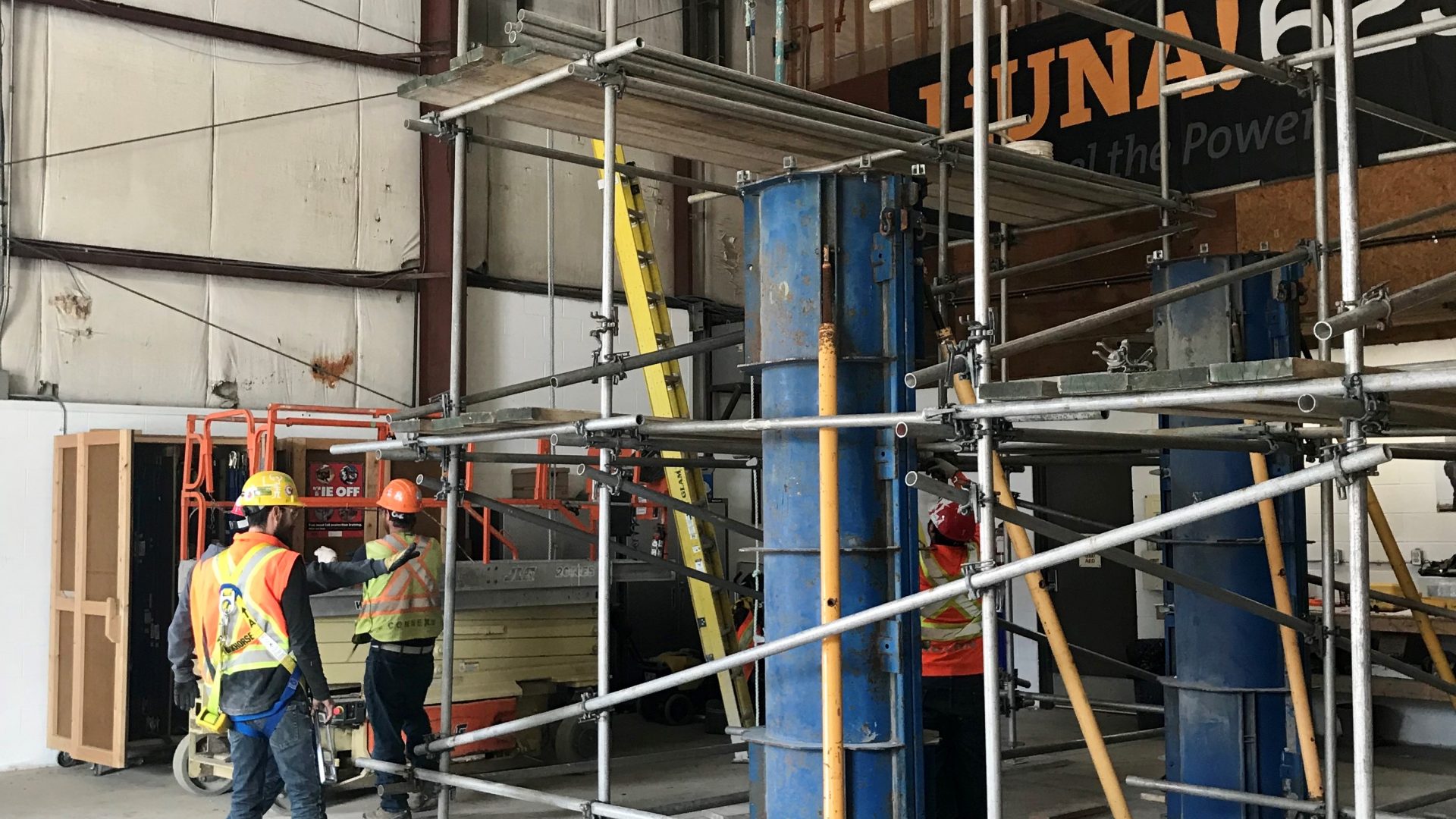Project Overview
Workforce WindsorEssex will undertake an external research and innovation project in 2017-18. The Community Labour Market Research & Innovation Project (CLMRIP) must be innovative and responsive to a clearly identified local labour market issue in Windsor-Essex. Efforts of this work must demonstrate a positive impact on the Windsor-Essex community.
Project Status – COMPLETED
In fall 2017, Workforce WindsorEssex conducted a formal call for proposals process.
The Call for Proposal asked proponents to develop a project that responds to the following:
- Identification of a training gap that exists in Windsor-Essex followed by the implementation of an innovative, sustainable training solution with 15-20 participants completing the innovative training program
Volunteers from the Intergovernmental Working Group helped review all of the applications and made a recommendation to fund two projects in 2017-18. Congratulations to both the South Essex Community Council and LIUNA Local 625 – along with your project partners – on your selection.
Below is a summary of each project along with a final report:
South Essex Community Council
The evaluators recommend that SECC’s proposal with a specific focus on training 32 low to middle-skilled and/or marginalized, unemployed job-seekers in the agriculture sector be funded because it will work to address a critical labour shortage in the region. Pre-employment training will be customized to reflect local employer needs and expectations while giving job-seekers an opportunity to rotate through front-line positions in food processing, growing and greenhouse operations before deciding on employment opportunities.

LIUNA Local 625
The evaluators recommend that LIUNA’s proposal to help new, non-working individuals be trained to work in the utilities sector with the specialty skill of fiber optic fusing be funded because it will enhance the marketability of the unemployed through skill building and safety training, while also positioning them to enter an apprenticeship upon completion through the union or with another employer in the region. The value to the trainee and the future employer were equally rewarding.

